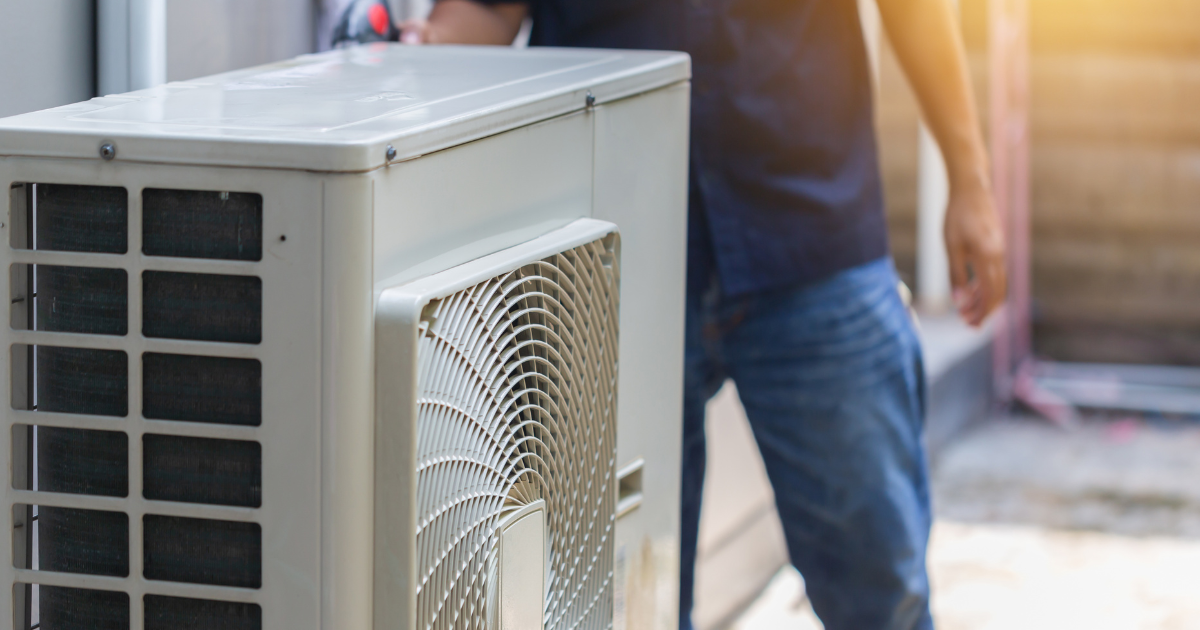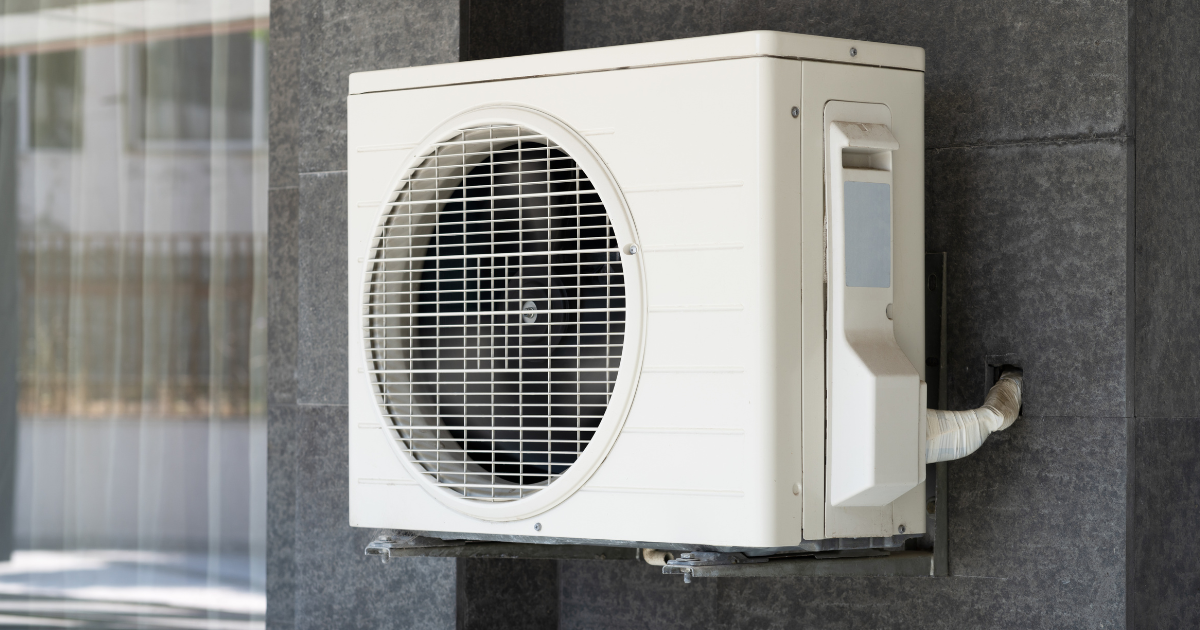Why Indoor Air is Worse Than You Think
Your home is supposed to be your castle, your respite from the wearying world, your sanctuary of solitude, safety, and security. But did you know that your home’s indoor air quality can be as much as 5 times worse than the air outside? Your pets, your carpet, even your HVAC system can all be harboring allergens and pollutants that exacerbate your respiratory allergies. Here’s a list of some of the more common household allergens that call your home their home too, and what you can do to reduce their effects on you and your family.
Dust
Dust isn’t just dirt. Dust consists of all of the following:, bacteria, fibers, pollutants, hair, dust mites and their excrement, dryer lint, molds, animal dander, decomposing insects, insulation, pollen, skin flakes that humans shed, and, yes—blowing dirt. Some of that dust comes from your HVAC system, especially if you haven’t had it cleaned and sealed in a while. Routine cleaning of your ducts, as well as having them checked for leaks, can greatly reduce the amount of dust in your home. Not only will your home be cleaner and fresher looking, but it will be healthier for your lungs without all that dust flying and lying about, too.
Molds
Molds are a part of dust, but they can also get under carpets and inside your walls. Any time you have dampness, whether it’s from your climate or your kids’ spilled juice, you can grow mold. Your HAVC system can grow its own mold in the tubing and ports of the air conditioning system. Air conditioning creates condensation, and that condensation, left unchecked, can cause mold. Routine cleaning and maintenance of your HVAC system, especially in spring before turning on the air conditioning and in the fall after you’ve turned the AC off, can keep all the mold and mildew-growing condensation out of your house.
Pollen
Whether you live in the wide open spaces of the country’s rural heart or the middle of Manhattan, you’re dealing with pollen. Pollen is the stuff plants use to reproduce, and even that lovely pot of violets on your kitchen windowsill is a pollen-producing problem, if you are sensitive enough. Filters, especially the high-efficiency variety with a MERV rating of 14 to 16, are the tool to fight pollen in your indoor air. Your HVAC “breathes” in outdoor air, and sucks all those lovely pollen particles in with every breath. Your cold air return system also breathes in the pollen that gets in your house. The use of a high-efficiency filter with a MERV rating of 14 to 16 will block most of that nasty pollen before it ever reaches your sensitive nose.
Pollutants
Airborne pollutants can come from outside and inside your home. Whether it’s your son’s excessive body spray products, your husband’s model airplane glue, or your kitchen cleaner, indoor pollutants can take many forms. Most are chemical in nature, and even natural chemicals like lemon and orange oil can cause problems if you are sensitive or allergic to them. Outdoor chemicals and pollutants can range from exhaust fumes to pesticides to heavy industry, depending on where you live. Again, your best defense is your HVAC system’s filters.
Pet Dander
People shed skin cells daily. You’d probably be amazed at how much skin you shed in a week. But we’re not alone. Our pets, especially cats and dogs, shed skin cells, too. While there are breeds that are hypoallergenic, even they shed some dander, even when they have no fur. And it’s the dander that people are mostly sensitive to when they are allergic to Fido or Fluffy. If you have a pet and an allergic person in the same home, you can do your best with your HVAC’s filtering system. You may even want to try some of the “in grate” filters to catch whatever your main filter doesn’t. (Be careful to make sure your HVAC system isn’t struggling to “breathe” through your filters.) Using filters is the best way to keep pet dander out of the air. Pet dander on furniture and the carpet may still present a problem, so be sure to vacuum regularly.
PVC From Vinyl Flooring Products
One household pollutant that can actually be more harmful than a case of the sniffles is PVC. It’s most commonly found in the home in flooring products like vinyl coverings. As the flooring ages, the chemical is released into the air. Breathing PVC can cause you HAVE respiratory allergies, may cause cancer, and can even be responsible for reproductive issues. There’s no real way to get PVCs out of your home unless you use nothing but wood or ceramic or brick in your floors. However, high-efficiency filters may be able to help reduce the amount you breathe. Your HVAC could save your health!
NOTE About MERV Ratings & CADR
HVAC filters have MERV ratings. MERV stands for minimum efficiency recording values. The best filters for home air quality concerns are those with a MERV rating of 14 to 16, as noted above. They stop most small airborne particulates, but not all of them. Filtration naturally causes the air in your system to be somewhat restricted. This restriction rate is measured as CADR, or Clean Air Delivery Rate. Many manufacturers will label a high MERV rating but will not share the CADR because the filter is very restrictive to the airflow and puts a strain on your system. If your looking for MERV 16, than look for a filter that is around 4-5″ wide and has a high CADR rating. This will ensure you get great filtration a maintain great airflow! If it’s time to upgrade your HVAC system, this is a great investment for your indoor air quality, your health, and your energy bill.

Bob Jenson
For over 45 years, Bob Jenson has been providing quality heating and air services to the San Diego community.
Request Service
Please fill out the form below to request an estimate or schedule service.
"*" indicates required fields







